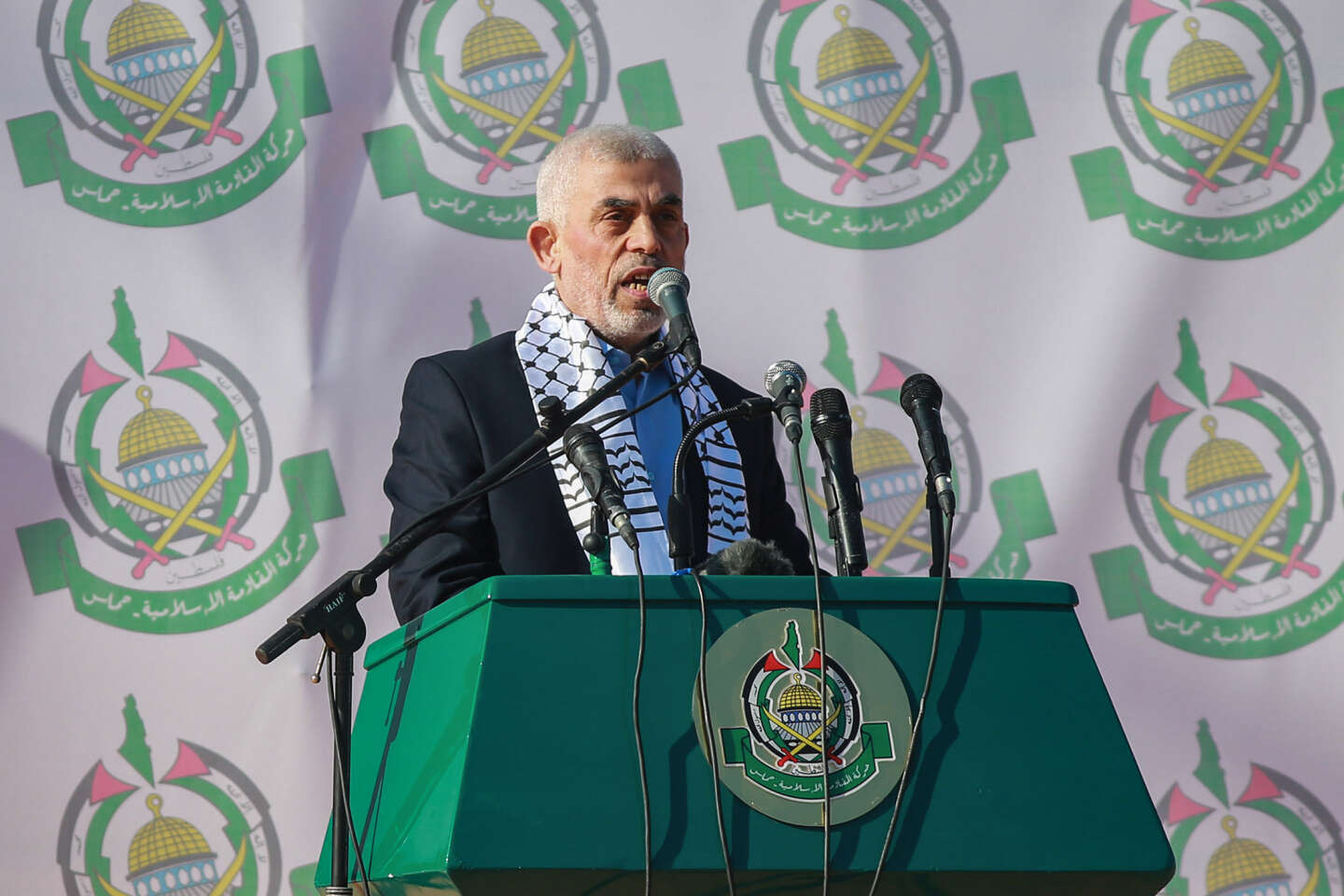


Yahya Sinwar has negotiated every point of the truce agreement, from the release of Israeli hostages to that of Palestinian prisoners, seeking to push his advantage. Since the pause came into effect on Friday, November 24, the Hamas leader in the Gaza Strip has dictated the tempo, ready to hold back if he feels Israel is flouting the negotiated terms. The inflexible 61-year-old Palestinian leader has proven all those in Israel who had already written him off as a dead man wrong. After signing off on the most brutal attack ever carried out against Israel on October 7, Sinwar is not only still alive 50 days after the start of the war, he is reaping yet another political victory.
"Someone like Sinwar understands the Israelis very well. The leaders of Hamas have basically understood the divisions in the country, and therefore its weaknesses, perfectly well, but also the fact that they have to resort to different weapons in order to fight an army that is much stronger in terms of resources and men, hence the hostages," said Matti Steinberg. This former adviser to several heads of Shin Bet, Israel's domestic intelligence service, considers the hostage "game" to be very important: "Sinwar is establishing Hamas as the one to free Palestinian prisoners. They promised it, they're doing it. They forced the idea that October 7 was a victory for their movement. And every hostage release is a reminder of this victory in the eyes of Palestinians."
Sinwar was imprisoned in Israel for 22 years before he was released by then prime minister Benjamin Netanyahu under the Gilad Shalit prisoner exchange. He understands the symbolic and strategic significance of such an agreement better than anyone. He is proof that this form of bargaining can work. On October 7, he and Mohammed Deif, head of the armed wing of Hamas, planned a large-scale operation to free thousands of Palestinians held in Israeli prisons. Today's agreement, however, limits the number of prisoners to be freed to three for one Israeli captive.
The 'Butcher of Khan Yunis'
Added to the brutality of the attack, which resulted in the capture of 240 hostages and the death of 1,200 Israelis, was Netanyahu's humiliation at having been fooled by the man he thought he had bridled since coming to power in 2017. He would have liked to make him give in using force. But the movement's resilience in the face of violent Israeli bombardments, which Hamas claims have killed more than 14,800 people since the start of the war, and pressure from the hostages' families forced him to accept negotiation.
You have 70% of this article left to read. The rest is for subscribers only.
